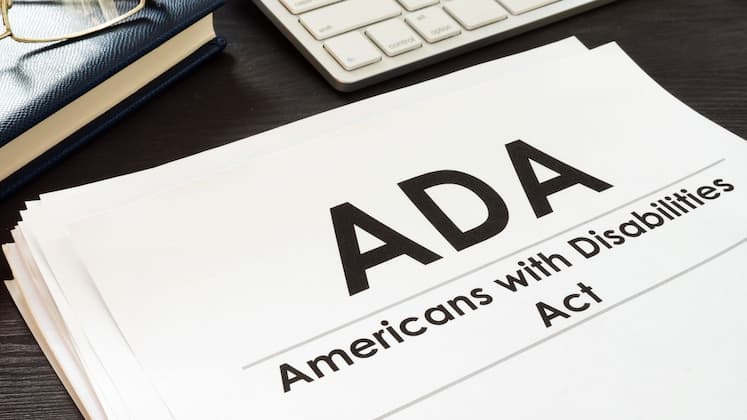National Pet Week, observed from May 5th to May 11th, is a time to celebrate our furry friends and reflect on their roles in our lives. Whether you’re working from home with your beloved pet by your side or at a pet-friendly workplace, recent developments regarding service animals in the workplace are worth noting.
Unlike the Americans with Disabilities Act (ADA) Title III, which addresses service animals in public places, Title I of the ADA covers requests for service animals in the workplace. Employers are required to reasonably accommodate known disabilities of applicants and employees, including considering service animals as reasonable workplace accommodations, unless it poses an undue hardship.
The Equal Employment Opportunity Commission (EEOC), responsible for enforcing the ADA, has prioritized addressing barriers for workers with disabilities. Recent lawsuits demonstrate the agency’s commitment to this cause.
In one case against Hobby Lobby, the retailer denied a request from an employee to bring her service dog to work. Despite the employee’s documented need for the dog to assist with anxiety, depression, and post-traumatic stress disorder, Hobby Lobby cited unspecified safety hazards as grounds for denial. The EEOC found the denial to be a violation of the ADA, resulting in a settlement and policy changes by Hobby Lobby.
Similarly, Papa John’s terminated a visually impaired applicant’s employment after denying his request to have his guide dog on-site to assist with transportation. The EEOC intervened, leading to a settlement requiring Papa John’s to pay damages and review its policies.
These cases highlight the importance of individualized accommodation assessments and caution against relying on stereotypes about service animals. Employers must engage in a dialogue with employees to determine reasonable accommodations, considering factors such as safety and hygiene.
As employers navigate accommodation requests involving service animals, resources like those provided by the U.S. Department of Labor can offer guidance. Consulting with legal counsel can also ensure compliance with ADA requirements and foster an inclusive workplace environment.















































